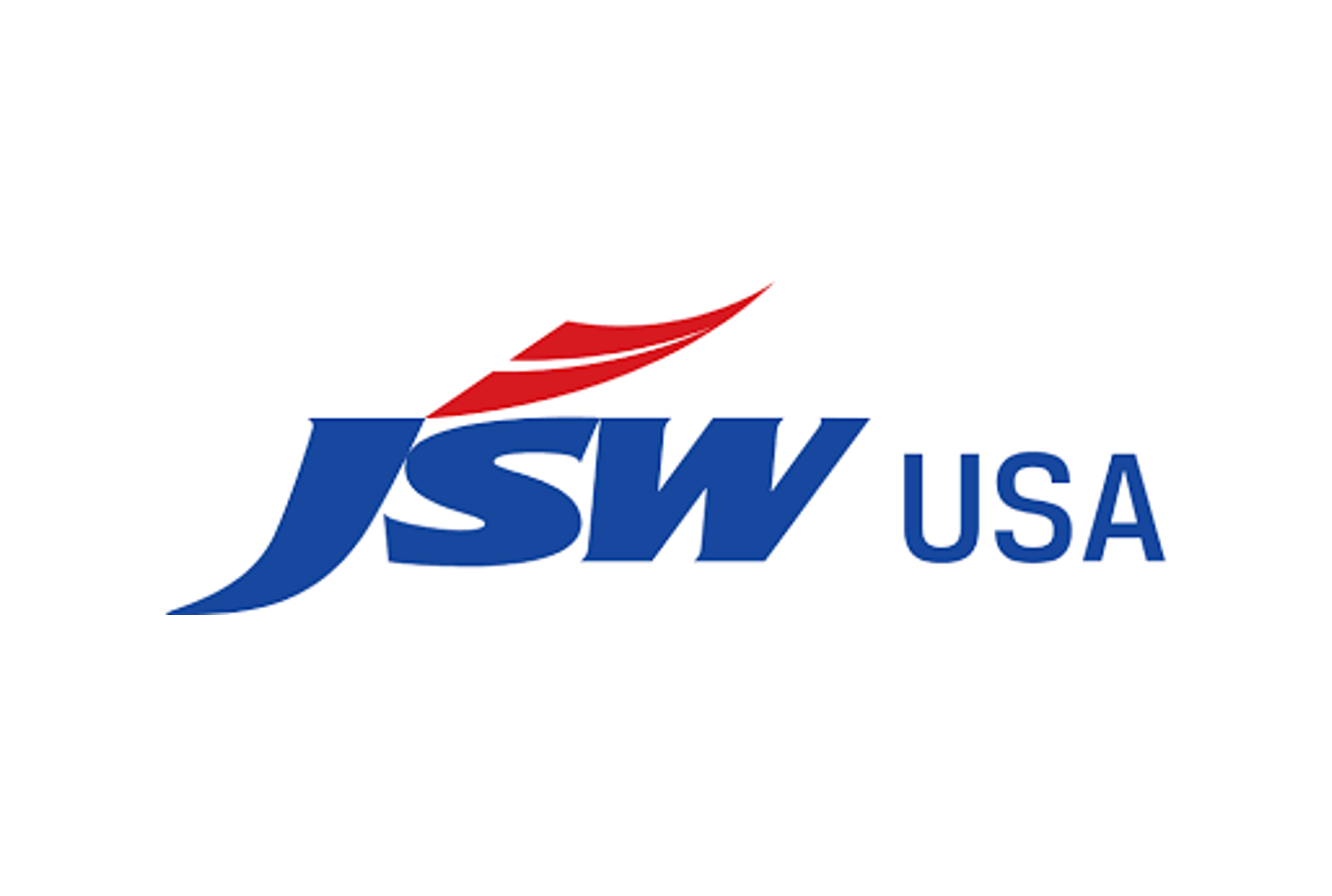Manufacturers/End Users

September 30, 2024
Stellantis lowers 2024 guidance on weak N. American market
Written by Ethan Bernard
Netherlands-based automaker Stellantis has lowered its guidance for 2024 due to woes in the North American market and weakening industry dynamics worldwide.
The automaker, which has significant operations in the US, said it has accelerated its North American inventory right-sizing plan. It is now targeting no more than 330,000 units of dealer inventory by year-end 2024 vs. a previous target of Q1’25.
The company said its adjusted operating income (AOI) margin is expected to be between 5.5-7.0% for FY2024, off from “double digit” previously.
To achieve this, Stellantis is aiming for:
- North American shipment declines of more than 200,000 vehicles in H2’24 vs. the year-earlier period. This compares with 100,000 anticipated in previous guidance.
- Increased incentives on 2024 and older model year vehicles.
- Productivity improvement initiatives that include both cost and capacity adjustments.
“Roughly two-thirds of the reduced AOI margin is driven by corrective actions in North America,” the company said in a statement on Monday.
Other contributors included lower-than-anticipated sales performance in H2’24 across most regions.







